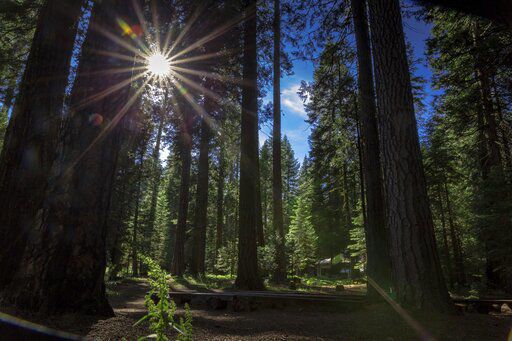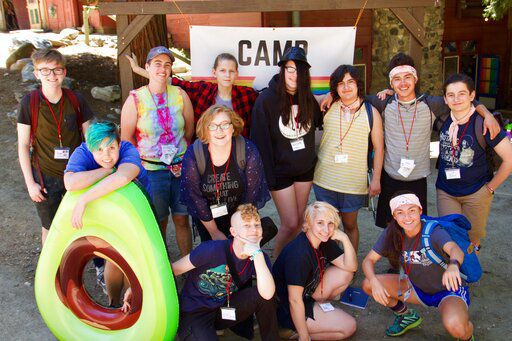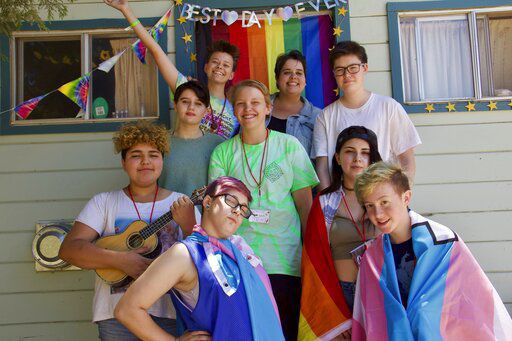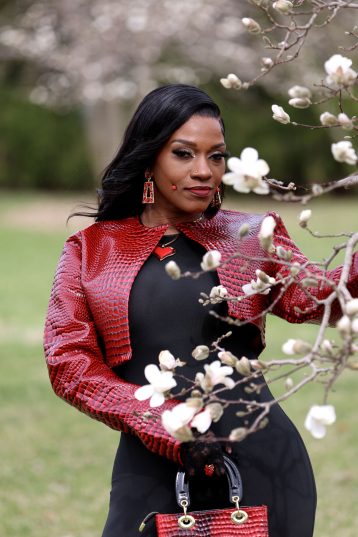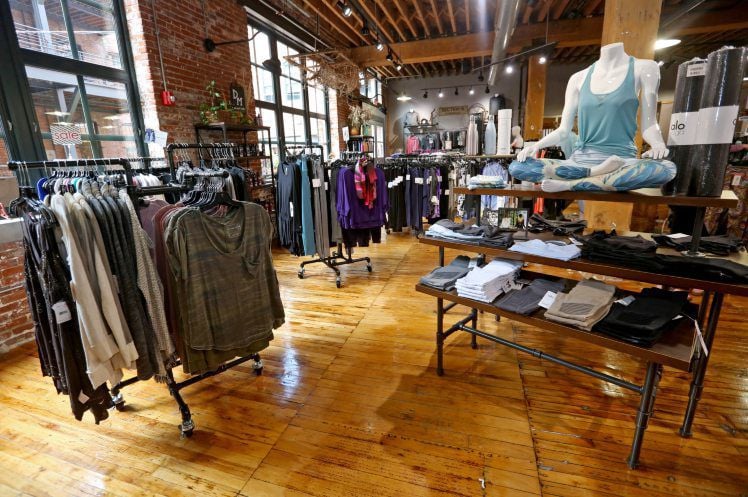Inclusion is a core value shared by many summer camps, and in recent years there’s been a lot of discussion in the camp community about how to help transgender and gender-nonconforming youth succeed.
Tom Rosenberg, president and chief executive officer of the American Camp Association, says the group is doing more every year to support camps that want to be more welcoming to kids of all identities. “Our goal is to offer expert educational support for camps that wish to welcome transgender kids, and also to really learn more and develop the culture of their camp to be more inclusive,” he says.
Andy Shlensky, director of North Star Camp For Boys, in Hayward, Wisconsin, also says that at conferences over the past several years, camp directors have had positive talks about ways to be as supportive as possible.
While change is happening at some camps faster than others, it does seem to be happening — from updated policies to increased staff training to more sweeping changes like those made at Camp Bob Waldorf, in Glendale, California. According to Director Zach Lasker, the camp changed the names of its Girl’s and Boy’s Camps to Lower Camp and Upper Camp, added gender neutral bathrooms, and provided staff training on social-emotional safety for trans and gender-nonconforming campers.
Rosenberg says that around the country, camps working toward inclusivity are at different places along their journey. So how can parents of trans and gender-nonconforming youth know if a camp will be a safe and fun place for their child?
Jessica Weissbuch, co-founder of an LGBTQ+ leadership camp, Camp Brave Trails, in southern California, says parents should look for a camp to have a clear and strong nondiscrimination policy. “If you’re going to support trans and gender-nonconforming youth,” she says, “you need to 100 percent wholeheartedly do it. There’s no halfway to do it in my opinion. You need to really protect those campers in a big way.”
The language on a camp’s application is also a good indicator of its level of inclusivity, Weissbuch says. For example, are there more than two gender options?
Policy, however, can only get you so far. “You also have to consider the individual needs of each camper,” Rosenberg says. Directors encourage parents to be open and honest with camps when they apply.
“In that conversation, they can create a plan and an agreement,” says Morgan Santiesteban, director of Camp Sugar Pine, a camp of the Girl Scouts of Northern California, “so the camper understands what their experience is going to be like. If a camp is not going to be the best place for them, the director can help find a location that can offer them support and offer them resources that would be better.”
Weissbuch agrees, and says parents should be “as assertive and protective and aggressive as they possibly can.” If the child is comfortable being outed, Weissbuch says, parents should be as transparent as possible. “Say, ‘This is who we are. I want to know if there’s a place for my kid here.'”
Sometimes, campers don’t come out until they get to camp. This is why many directors are also focused on training their staff to support campers of all gender identities. Santiesteban says that over the past three years, she has been working with staff on how to help campers who are already out or who come out while they are at camp — as well as how to talk to other campers about it.
At Sugar Pine, the camper who comes out is free to determine whether other campers are told, and who tells them. “We really let them tell us what they want to do because we want for them to feel safe and to help be their advocate,” Santiesteban says.
Many directors working toward an inclusive environment agree that the best way to support trans or gender-nonconforming campers is to let them and their families make the decisions about coming out, or which gender camp or cabin placement is best for them.
Shari Sigoloff, owner of Camp Thunderbird for Girls and Camp Thunderbird for Boys, in Bemidji, Minnesota, says it’s typically not difficult for other campers to accept their trans and gender-nonconforming peers as campmates or cabinmates. “Kids are way more flexible and resilient than adults,” she says.
Shlensky agrees. “It doesn’t matter to them, race, religion, gender, politics, sexuality,” he says. “You’re just somebody else to play with when you’re 8, and that’s the beauty of camp.”
“Camps are really safe and nurturing places, and they really strive to give every camper the opportunity to be their best self,” says Shlensky. “And what better place would there be for a kid to gain confidence in their own skin?”

